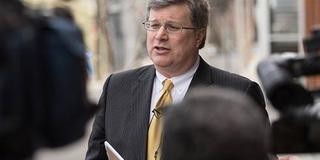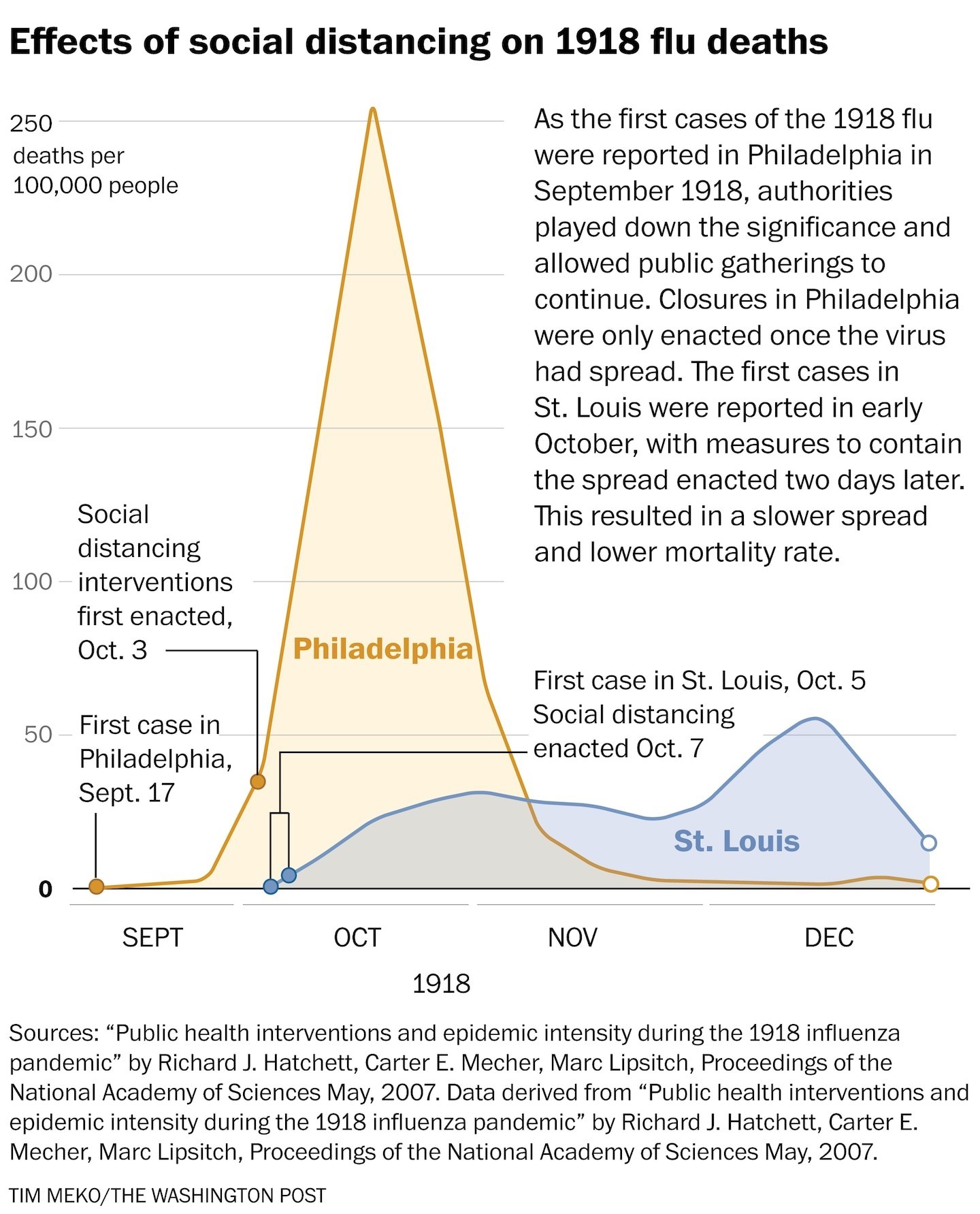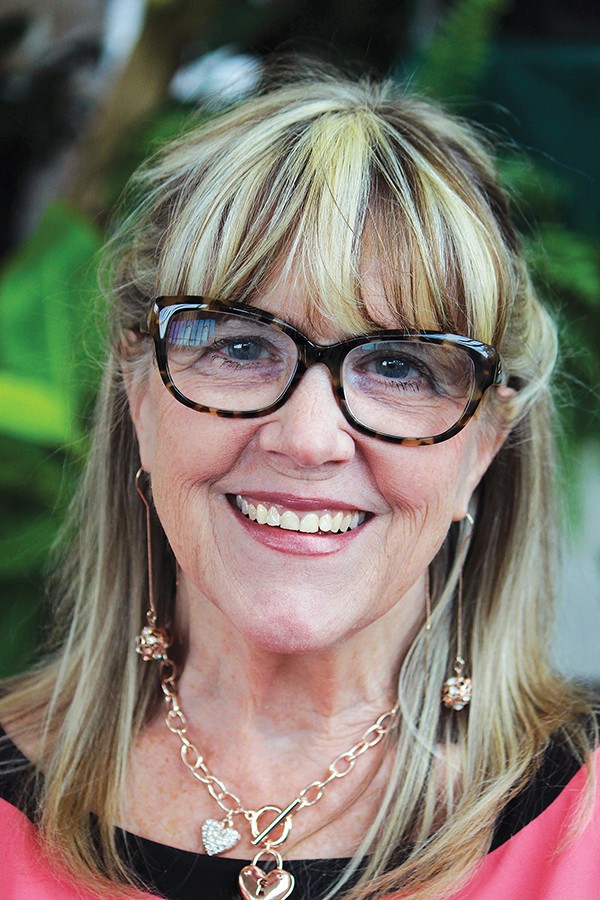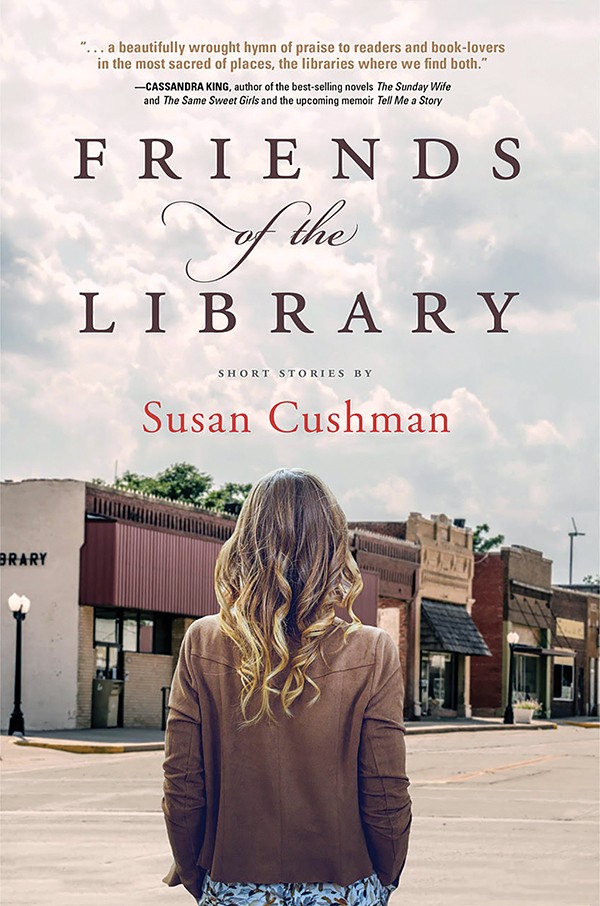Gov. Bill Lee wants a new school library law in Tennessee to ensure parents know what materials are available to students, but school librarians say parents already have access to that information.
Some critics worry such a law could be abused to purge books about certain topics that some parents and students find uncomfortable.
The governor’s proposal, dubbed the “Age-Appropriate Materials Act of 2022,” is scheduled to debut in two legislative committees this week at the state Capitol.
The discussions come after several Tennessee districts removed books they considered controversial from reading lists — and amid a nationwide surge in book challenges by parents, activists, and others.
Last fall, Republican governors in Texas and South Carolina ordered systematic reviews of school library materials in those states. And the American Library Association’s Office for Intellectual Freedom has reported an “unprecedented” number of book challenges nationwide in 2021. Many of the 10 most challenged books deal with race.
In his annual state address to Tennesseans, Lee, a Republican, called for a school library law “to create greater accountability at the local level so parents are empowered to make sure content is age-appropriate.”
His bill, sponsored by GOP majority leaders Rep. William Lamberth of Portland and Sen. Jack Johnson of Franklin, would require each public school to publish on its website the full list of books, magazines, newspapers, films, and other materials in the library. They also would have to adopt policies to hear feedback about content and to periodically review their libraries to ensure materials are “appropriate for the age and maturity levels” of students who can access them.
Those policies are already “standard practice” in most, if not all, public schools across Tennessee, according to Lindsey Kimery, recent president of the Tennessee Association of School Librarians.
“What we’re concerned about is how this legislation could play out if it leads to policies and actions over and above what’s considered best practices,” said Kimery, who is also library coordinator for Metropolitan Nashville Public Schools. “For instance, a principal might feel the need on the front end to go through the collection line by line and purge books unnecessarily to head off any potential complaints.”
Representatives of the school librarians group have met twice with officials in Lee’s administration to discuss their concerns.
“We felt heard,” Kimery said late last week.
In Tennessee, book debates have simmered for more than a year and contributed to passage of a 2021 law limiting what teachers can say in the classroom about racial bias and systemic racism. But the focus has been mainly on controlling curriculum and instruction, not library books.
Most recently in East Tennessee, McMinn County’s school board voted to remove “Maus,” a Pulitzer Prize-winning graphic novel about the Holocaust, from its required reading list for eighth-graders. Minutes of the Jan. 10 meeting cited “inappropriate language” and an illustration of a nude woman.
In Williamson County, south of Nashville, a committee formed to review curriculum complaints, including many from the local chapter of Moms for Liberty, agreed to remove one book from its fourth-grade curriculum and restrict instruction on seven others. Gone is the Newbery Award-winning “Walk Two Moons,” about the journey of a 13-year-old girl with a Native American heritage to process her grief about losing her mother.
Lee’s library bill zeroes in on “age-appropriateness” but doesn’t define what that is. It doesn’t suggest that Tennessee school libraries could be peddling “obscene materials,” as does another bill filed last month by Republican Rep. Scott Cepicky of Culleoka and Sen. Joey Hensley of Hohenwald to remove books that are deemed unwholesome.
The governor’s bill is scheduled to go before a House education subcommittee on Tuesday and the Senate Education Committee on Wednesday. The legislation’s goal is to make sure Tennessee has statewide standards to regularly review school library collections, said Luke Gustafson, a senior policy adviser to Johnson, the Senate co-sponsor.
“Some districts already adhere very well to those best practices, and there are some that could do better. The point is to set a baseline,” Gustafson said.
But Sen. Raumesh Akbari, who is the lone Democrat on the Senate’s education committee, called the bill “an unnecessary intrusion.”
“As a child, I viewed the library as a magical place where I could read books to go places that I couldn’t physically go and to learn about all kinds of people and places and things,” said the Memphis lawmaker. “To make it a political issue is a disservice to our students and an insult to our school librarians who are highly trained and have expertise on what’s age-appropriate. They don’t need to be micromanaged.”
Media experts suggest school libraries should be the last worry for parents and government officials. Social media makes it relatively easy for kids and teens to access inappropriate content — from misinformation to cyberbullying to outright pornography — through YouTube, TikTok, and Instagram.
The nonprofit Common Sense Media, which helps educators and families navigate today’s media landscape, doesn’t think censorship is the answer to today’s book battles.
“There’s plenty of online content out there now that’s much more visually explicit than books in our school libraries,” said Christine Elgersma, the organization’s senior editor of learning content.
“It’s also important to keep in mind that our schools are places where ideas can be introduced in a controlled environment and where there can be a rich discussion moderated by an adult and witnessed by a whole group of students,” she said. “Compare that to a child or teen being alone in their bedroom with a computer or cell phone and trying to process a lot of iffy content all by themselves.”
Chalkbeat is a nonprofit news site covering educational change in public schools.



 City of Memphis
City of Memphis 

